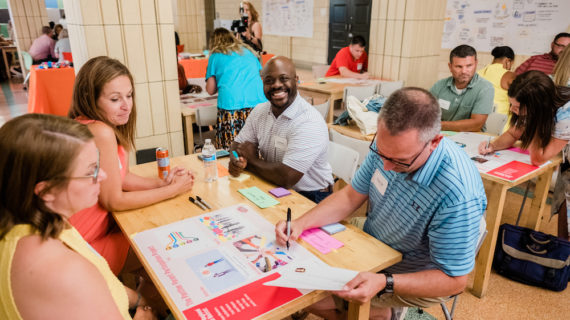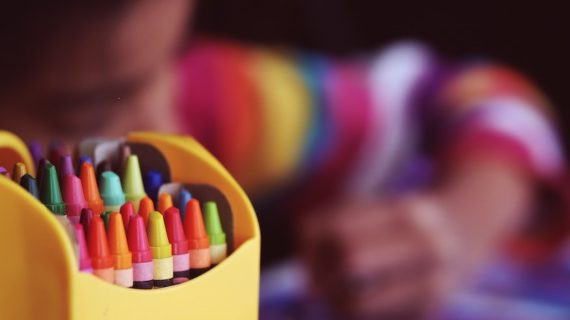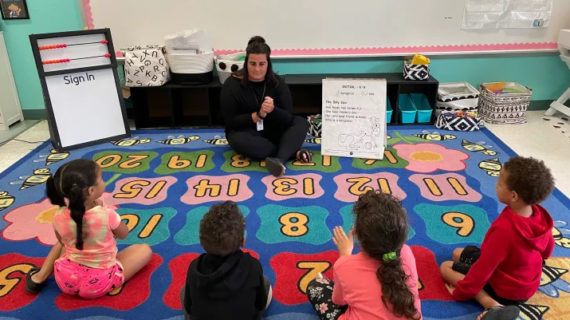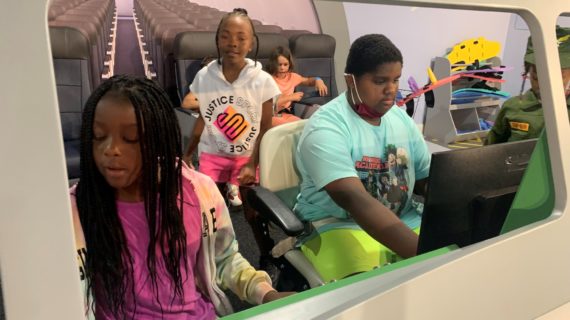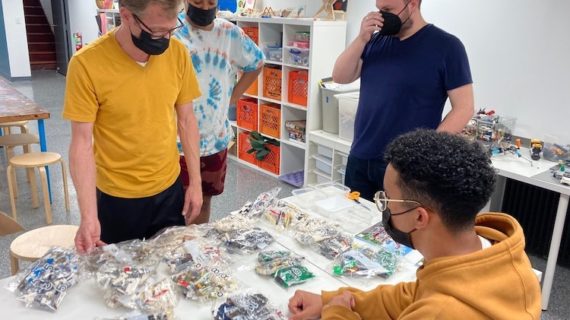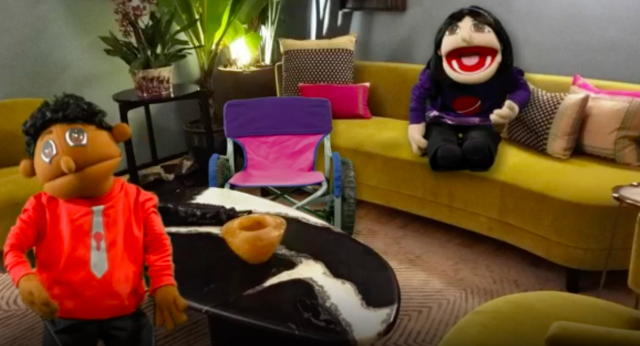
Local foundation and WQED team up to reduce school bullying
Bullying can seem like an inescapable rite of childhood, and its scars tend to run deep. But nothing about it is necessary or inevitable.
The Marcus L. Ruscitto Charitable Foundation, based in Pittsburgh, has only one goal — raising money and spending it effectively on bullying prevention.
Among the foundation’s projects: a partnership with WQED and a company called TEAMology to create a series of videos that support the foundation’s “Know What’s Right; Do What’s Right” campaign.
These video segments offer a vocabulary for teachers to use with kids in pre-K through 5th grade. They explore the subject of bullying through the experiences of six relatable characters: Amelia, Lamar, Paco, Harper, Ruby and Philo.
“These were originally two-dimensional characters on a piece of paper, or on a screen, that we have worked WQED to turn into actual puppets,” says Jonathan H. Rosenson, a board member at the foundation. “They pulled together some resources from TEAMology and an organization called Pittsburgh Puppet Works.”
Each character has their own “superpower,” Rosenson says.
Amelia is about acceptance. Harper is about helping others. Lamar is about leadership. Ruby is about resiliency — her ability to get back up when something difficult happens is meant to help kids overcome their own obstacles. And Philo is all about problem-solving.
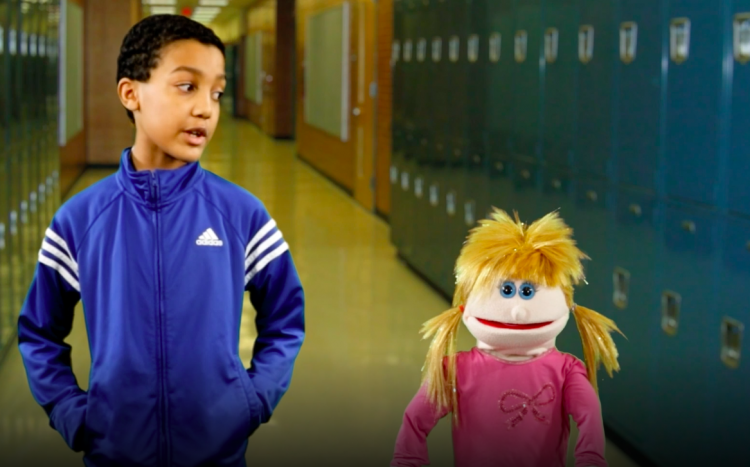
In one video, Amelia talks to a child whose friend is being called a “loser” by school bullies. The child isn’t sure how to respond, so Amelia shows him how to stick up for his friend.
The characters become familiar to students as they watch these videos, and they are integrated into the curriculum in appropriate ways for each age group. The characters seem to “age” along with the students.
The Marcus L. Ruscitto Charitable Foundation is a grantmaker. They don’t do any of their own child development research. But foundation’s team has spent time reading through research that shows that habits can be harder to change as children get older. So Rosenson says the foundation is aiming to bring the anti-bullying message to younger children.
Puppets, of course, have been used to teach social skills to children via video ever since “Sesame Street” became a staple of public broadcasting in 1969. It’s an approach that seems to yield meaningful, measurable results.
Years of observation and research show that teaching in this way, “does have a positive influence,” he says, “and that it results in lower incidences of disciplinary interventions and higher test scores.”
So the foundation is planning to grow this program.
“The first goal is to extend our reach in the community by reaching more kids with technology,” says Rosenson. “So right now, we’re in a couple of dozen schools in the region. And we really want to scale that up.”
Among the exciting possibilities that could be ahead: WQED’s involvement could give this small, local program a chance to go national.
“WQED has a national awareness among the PBS system, and its programs like this often get shared with other cities,” says Rosenson, noting the vast legacy of Mister Rogers. “So the Pittsburgh ethos kind of goes along with it.”
Fundraising for Marcus L. Ruscitto Charitable Foundation occurs primarily through a charity golf outing. It was founded to honor the legacy of Marc Ruscitto, a Pittsburgh-based executive with the internet/telecom company Stargate, who was active in many local charitable causes.
